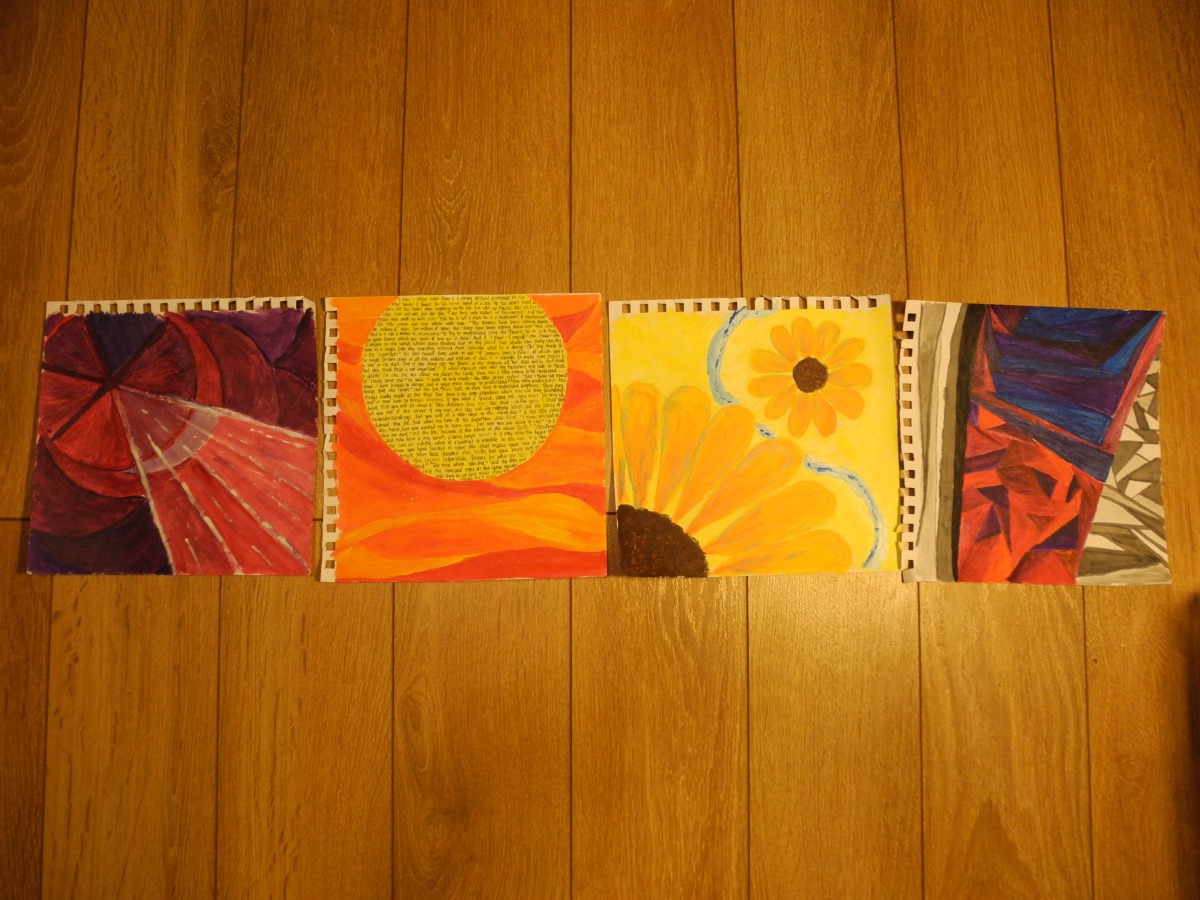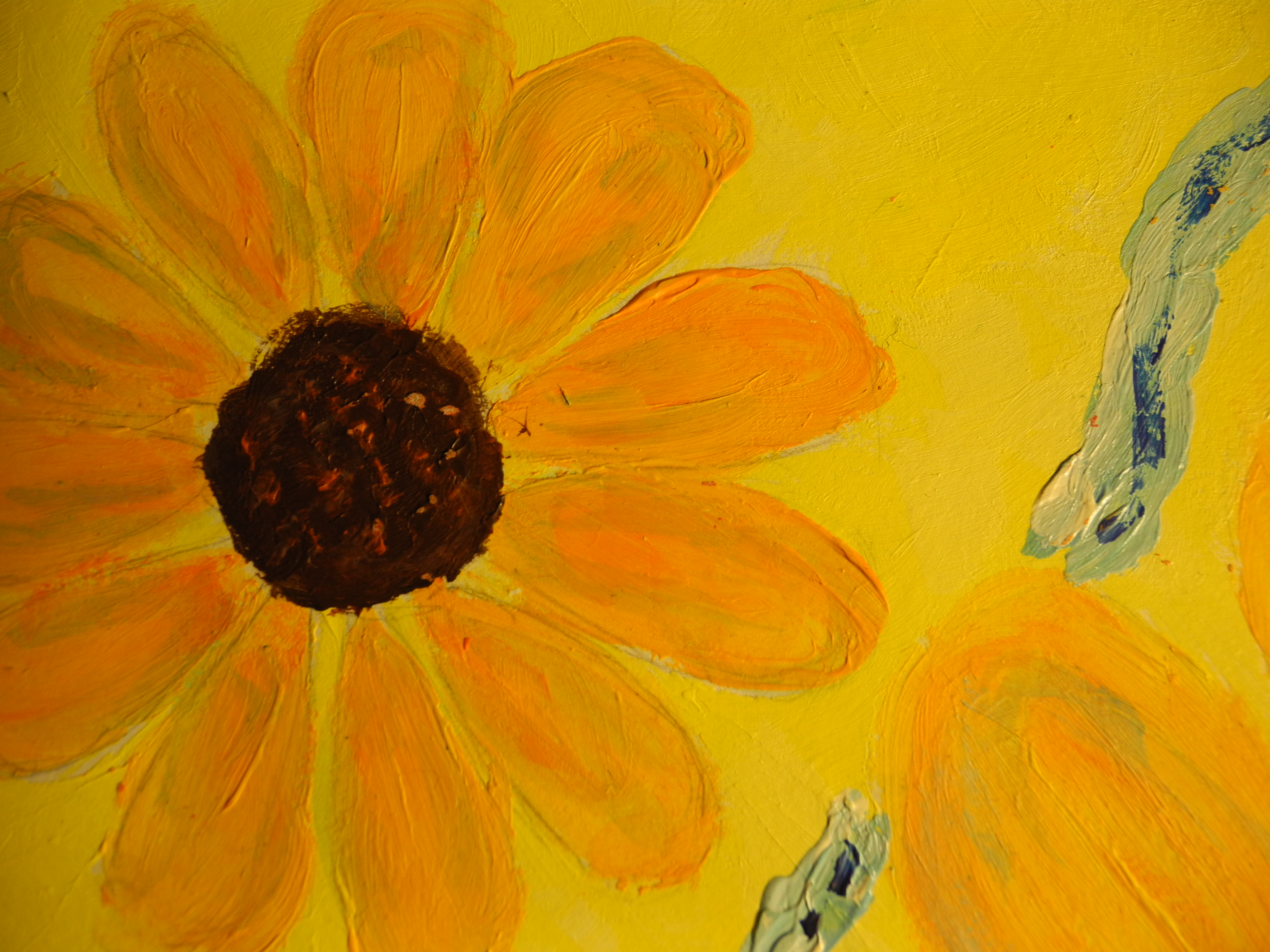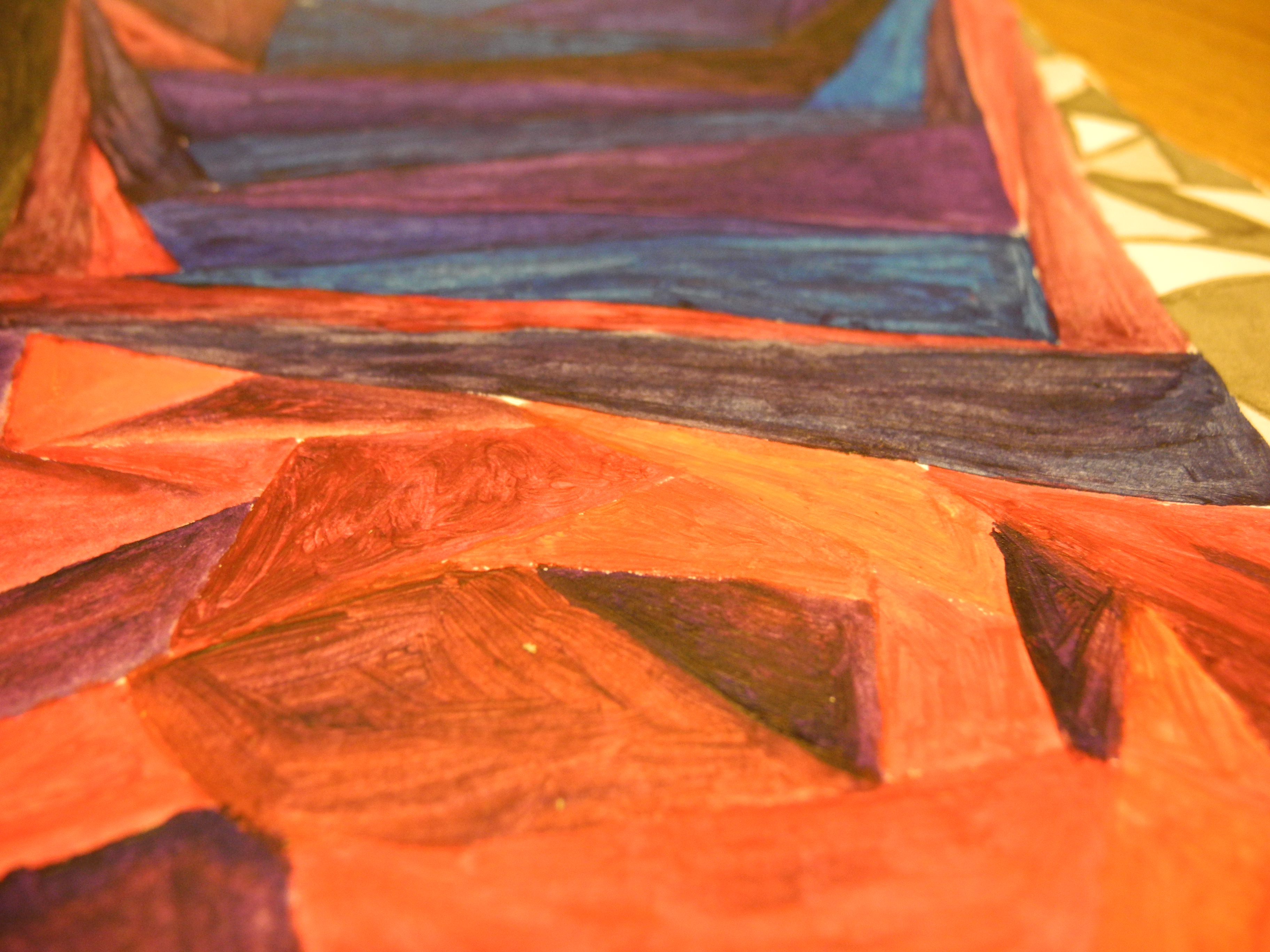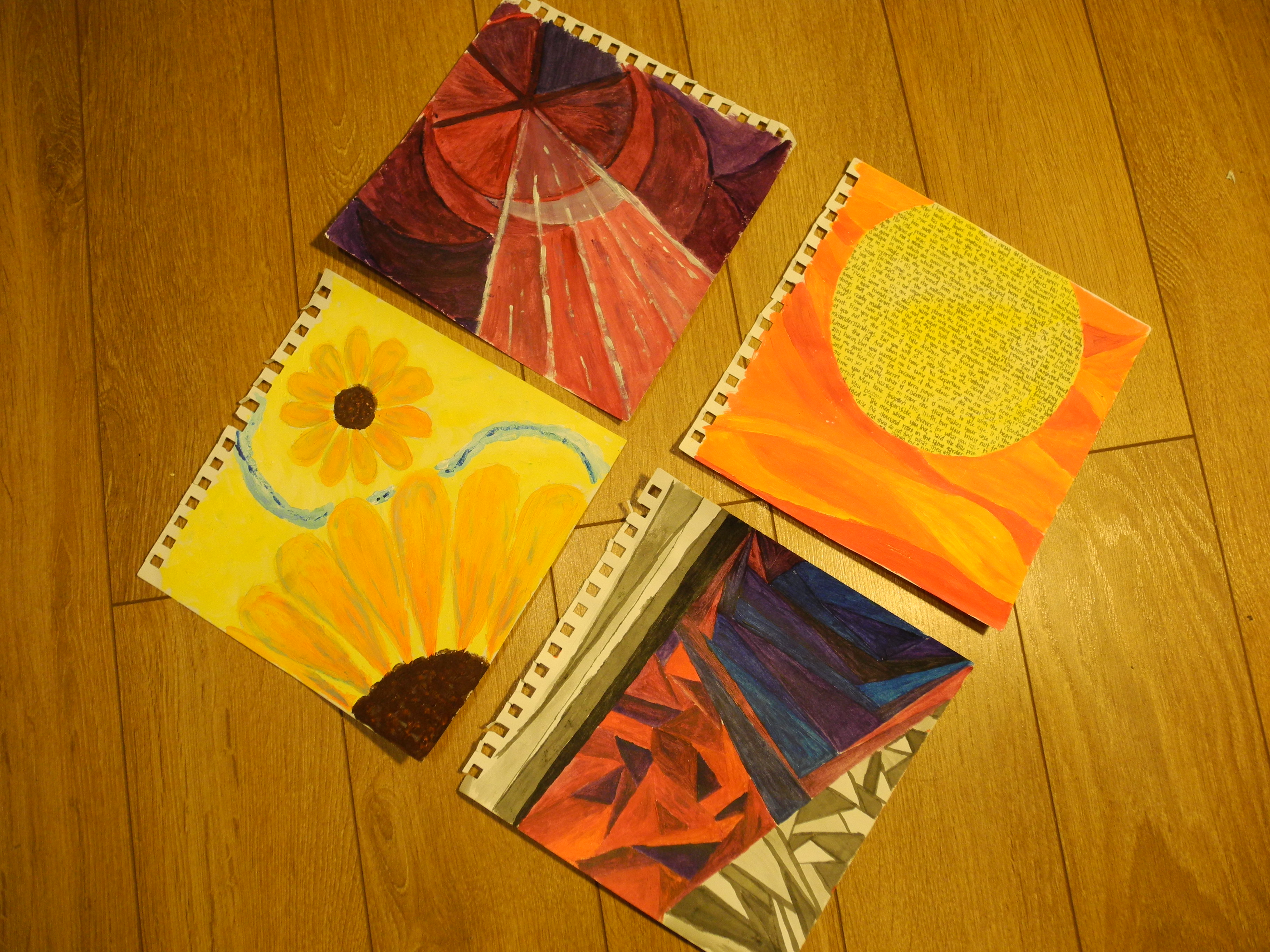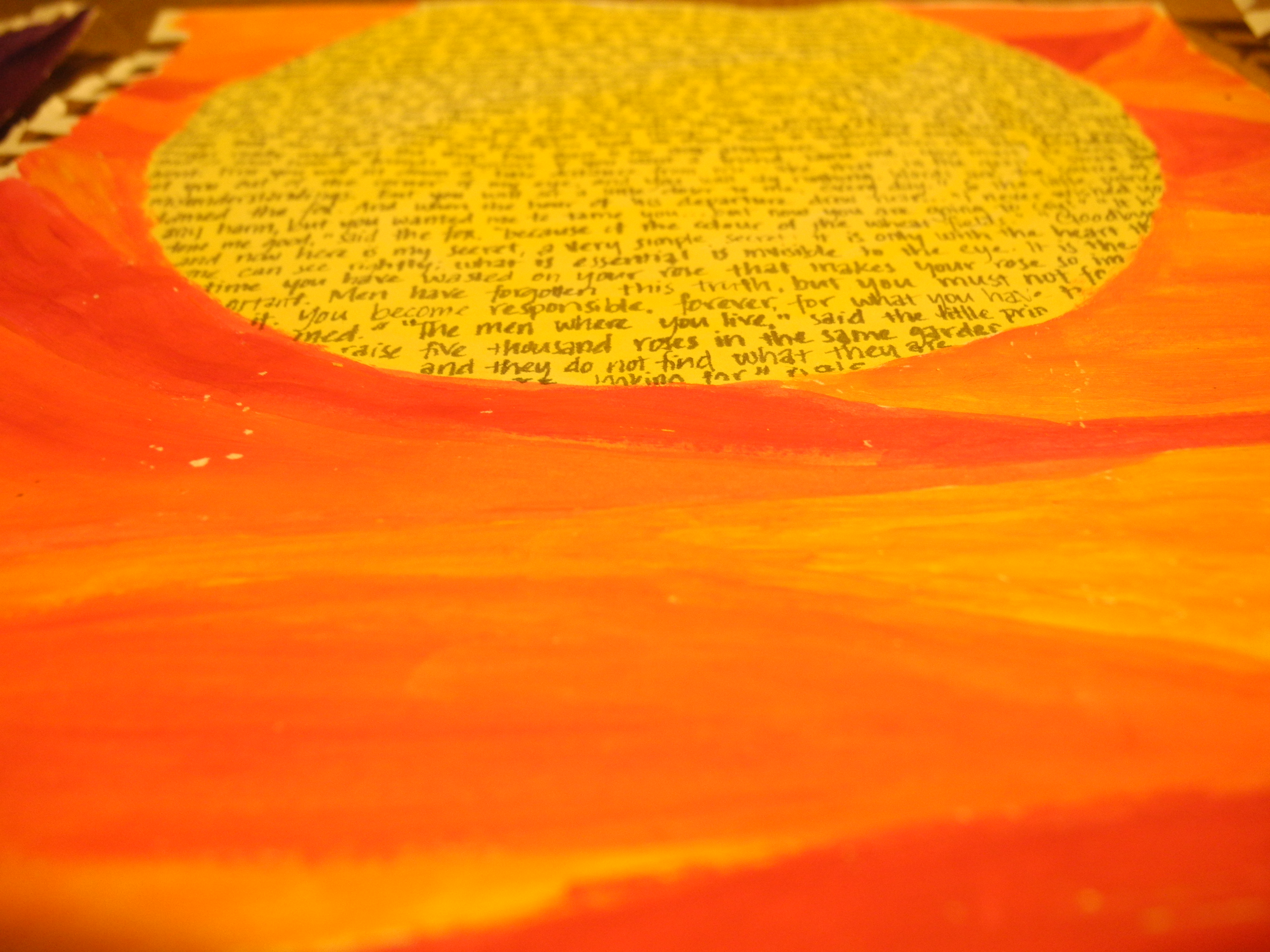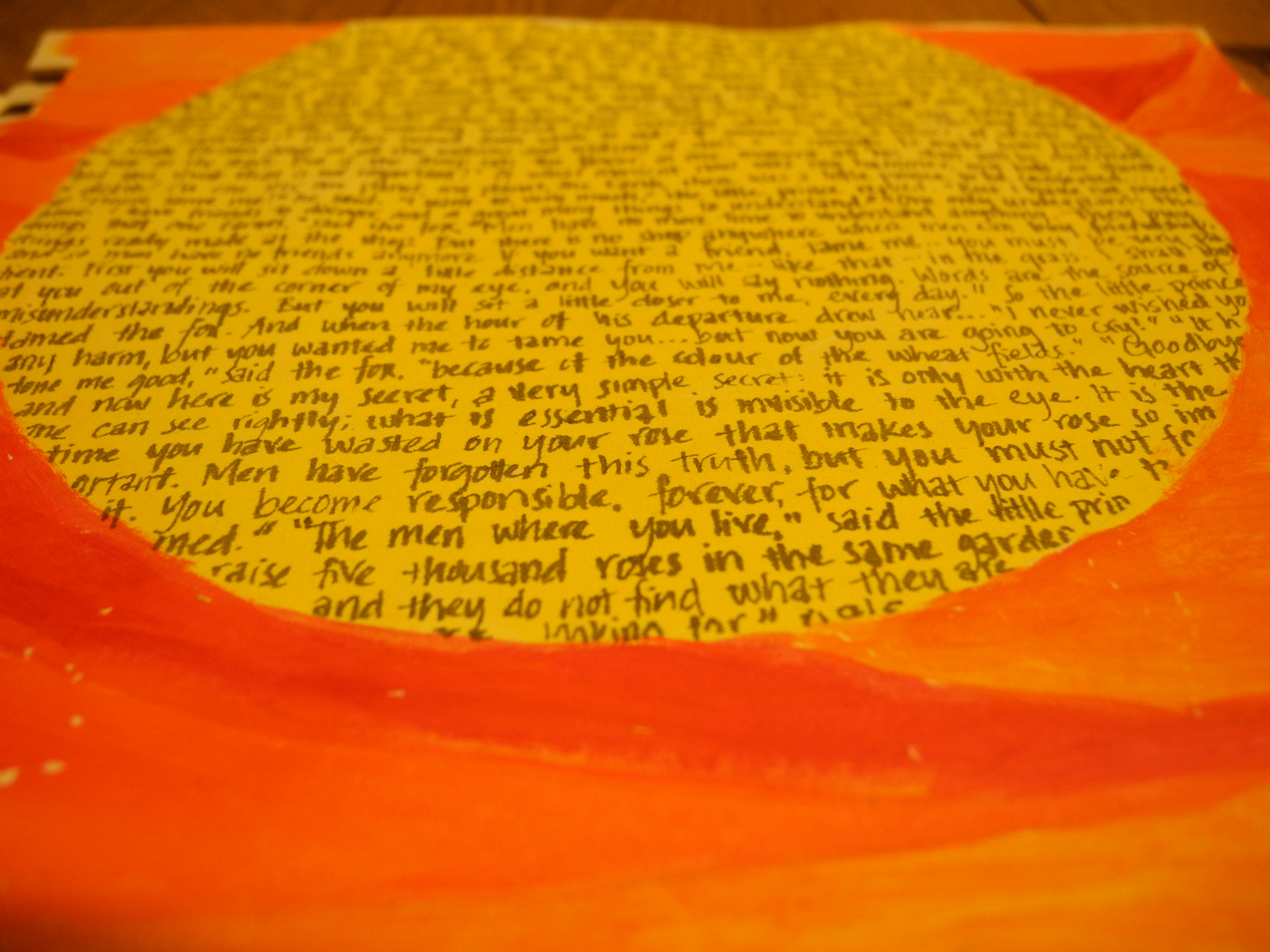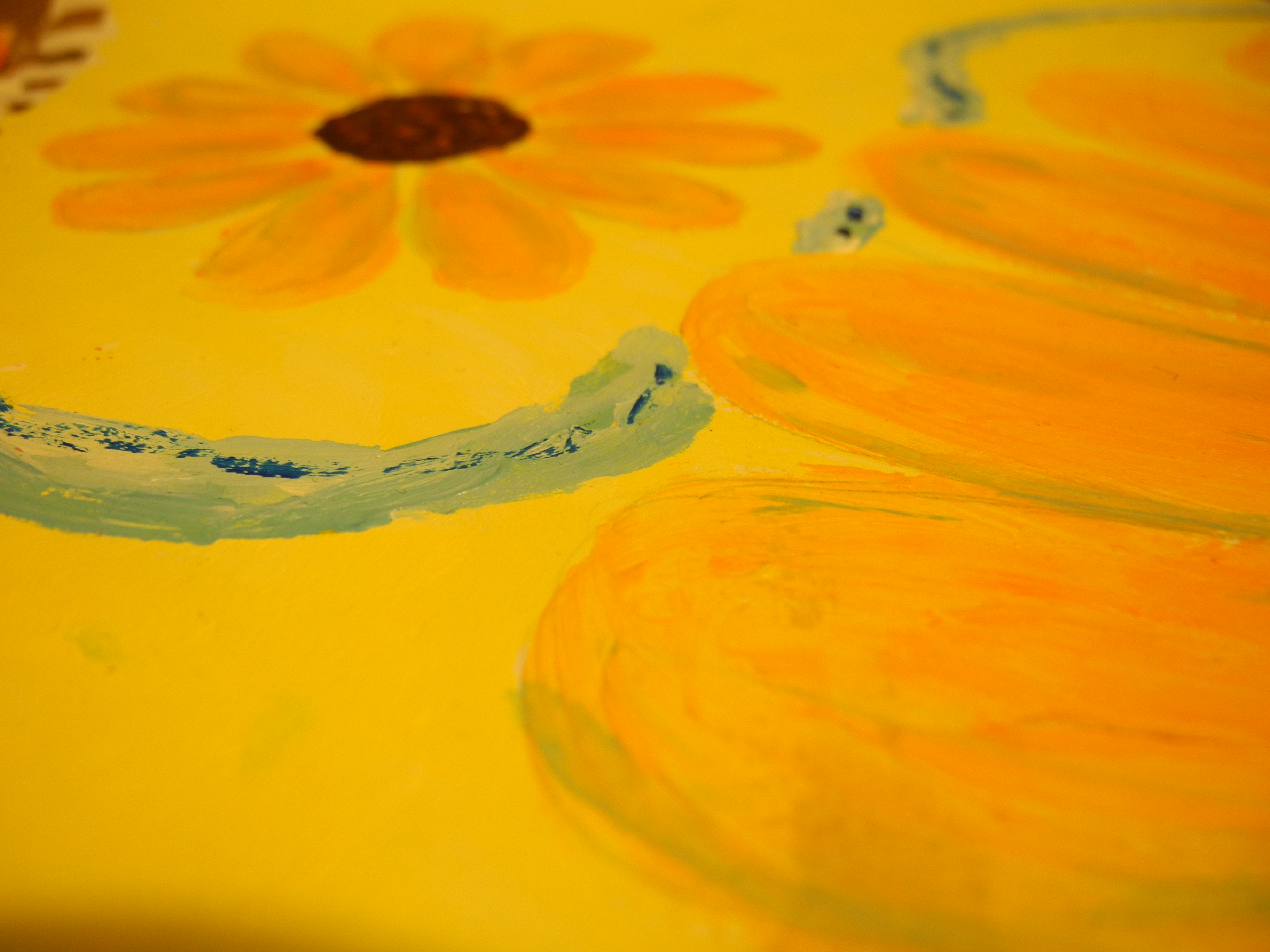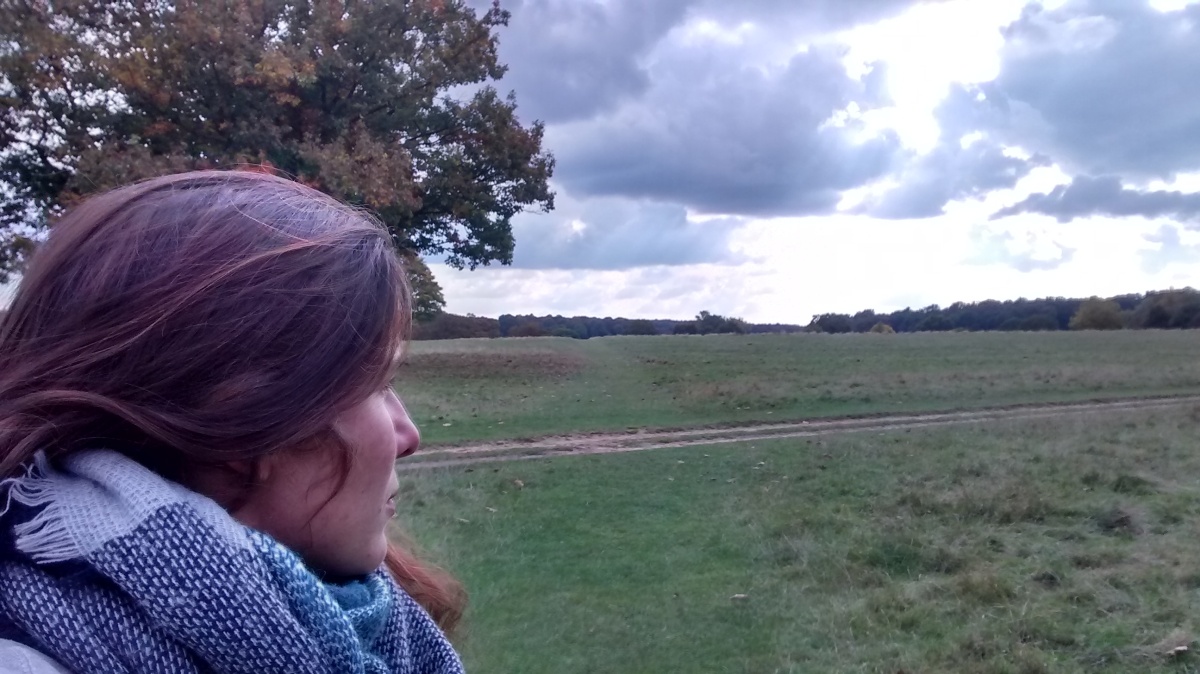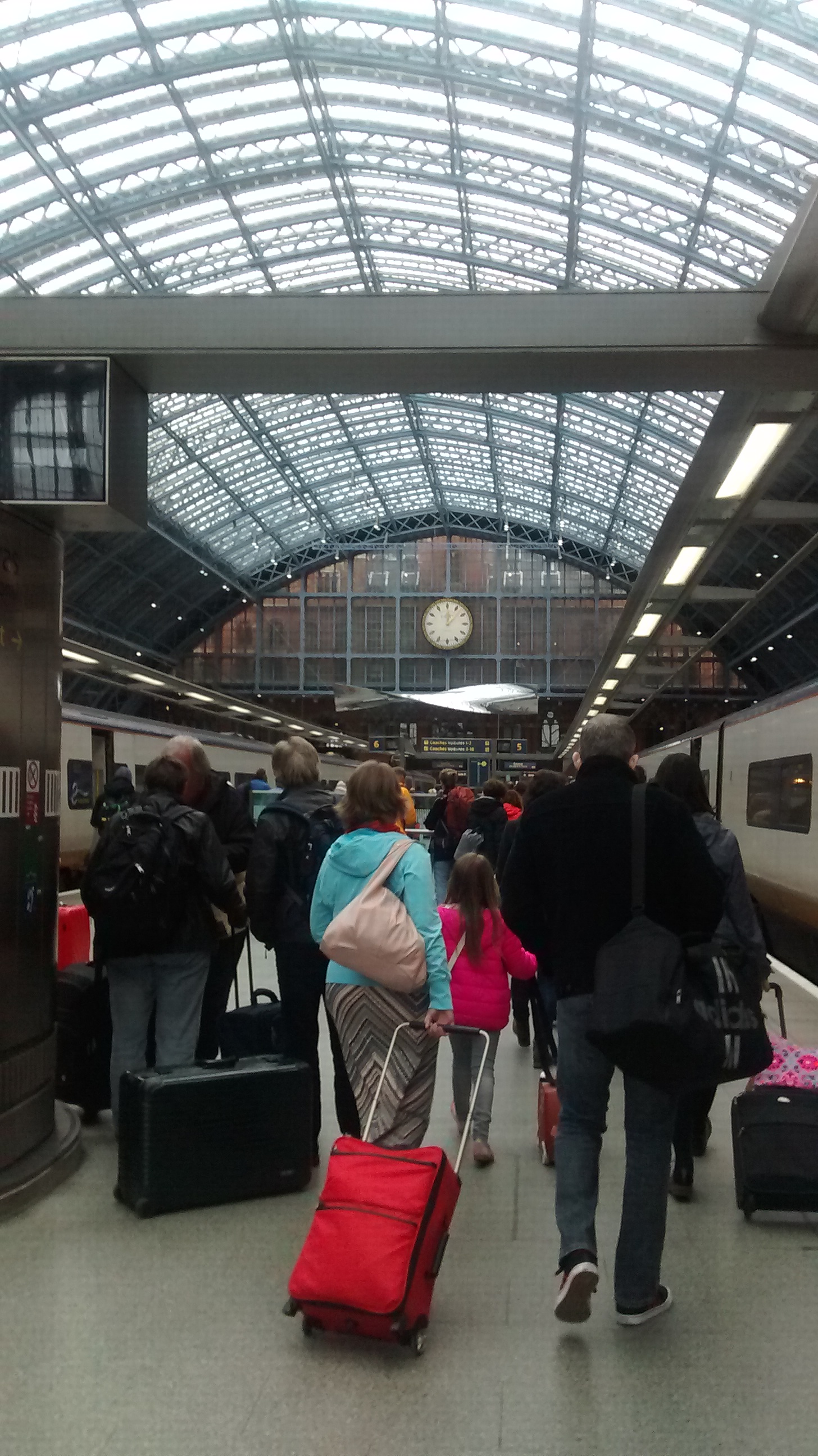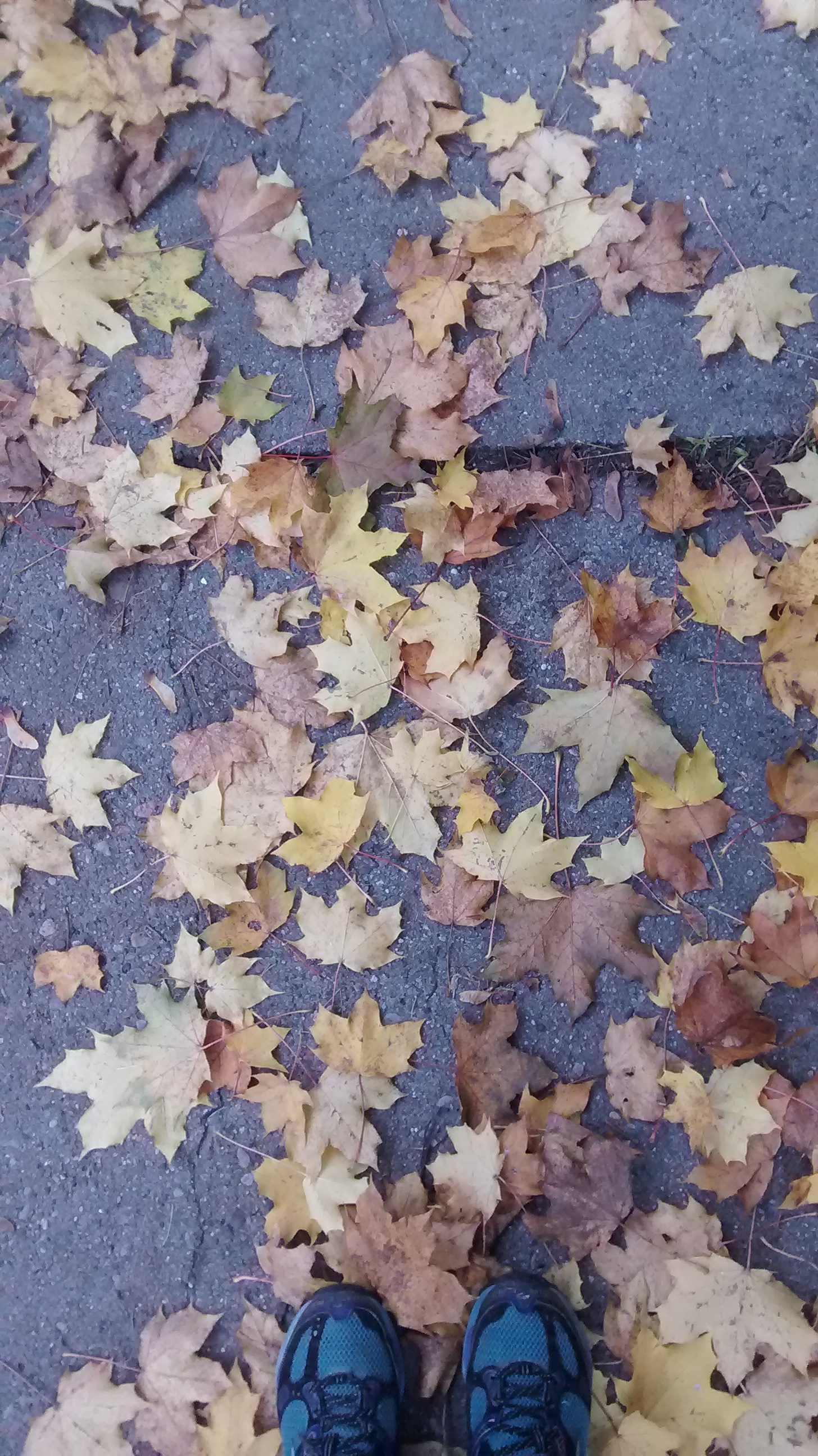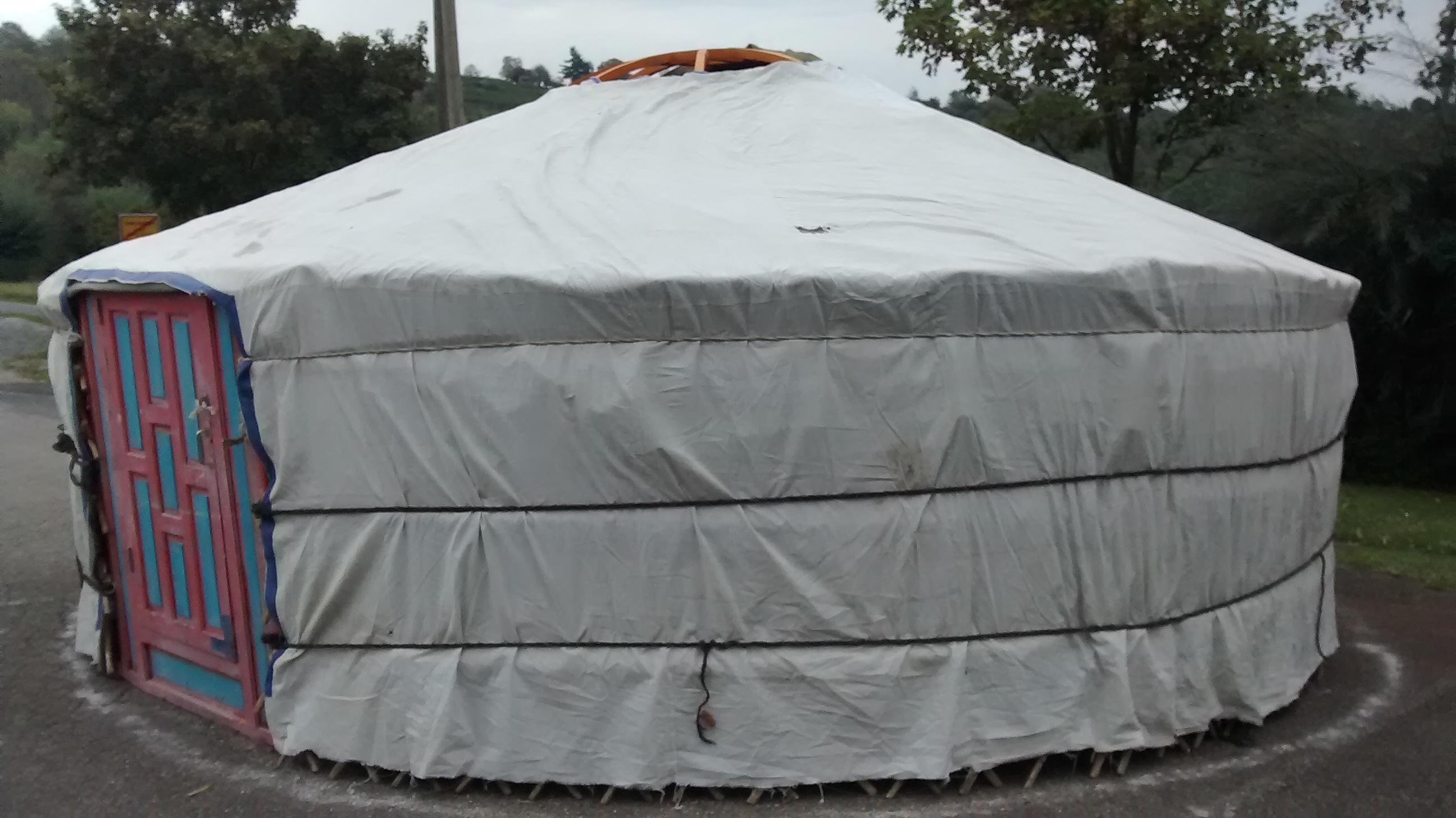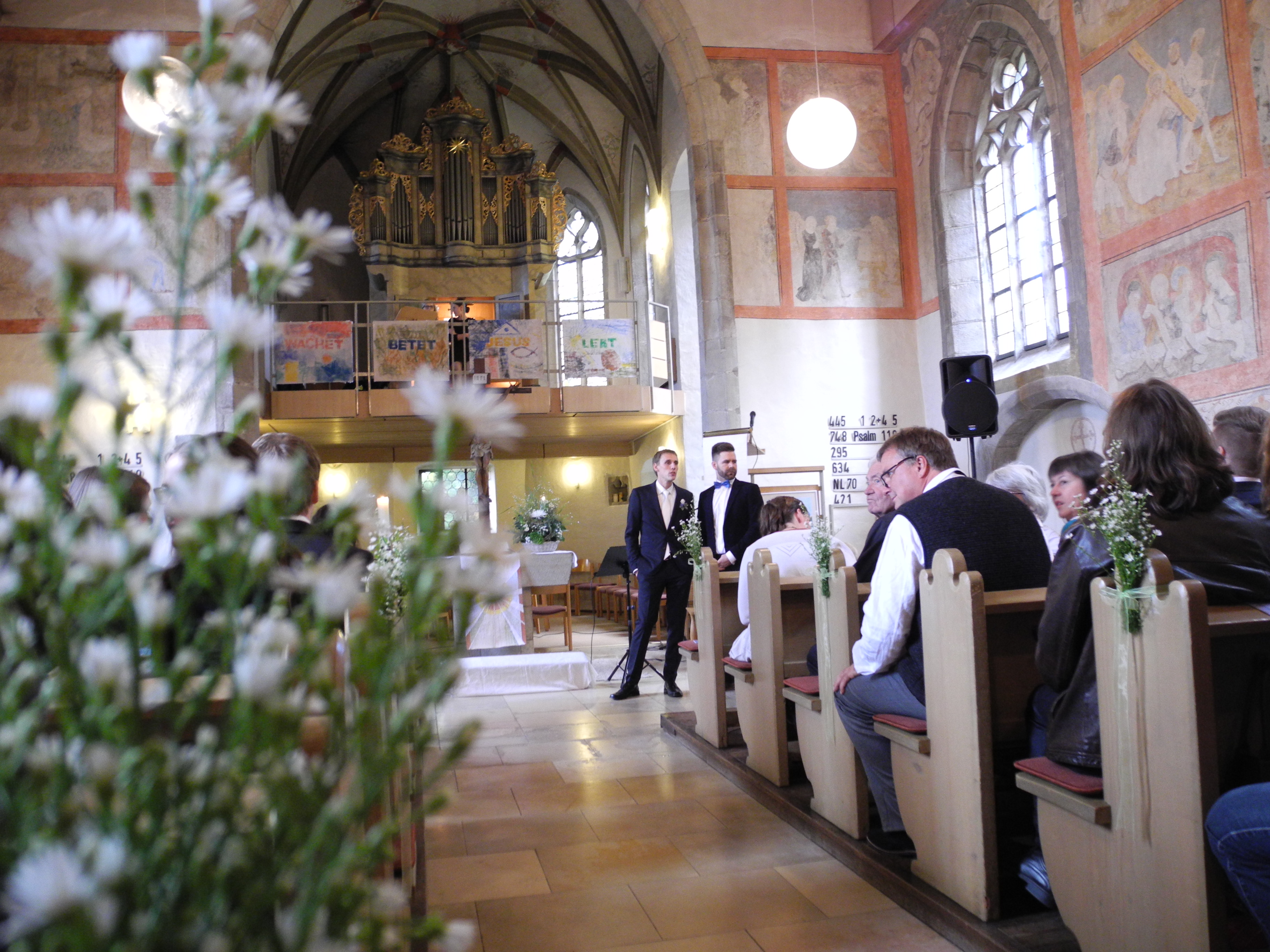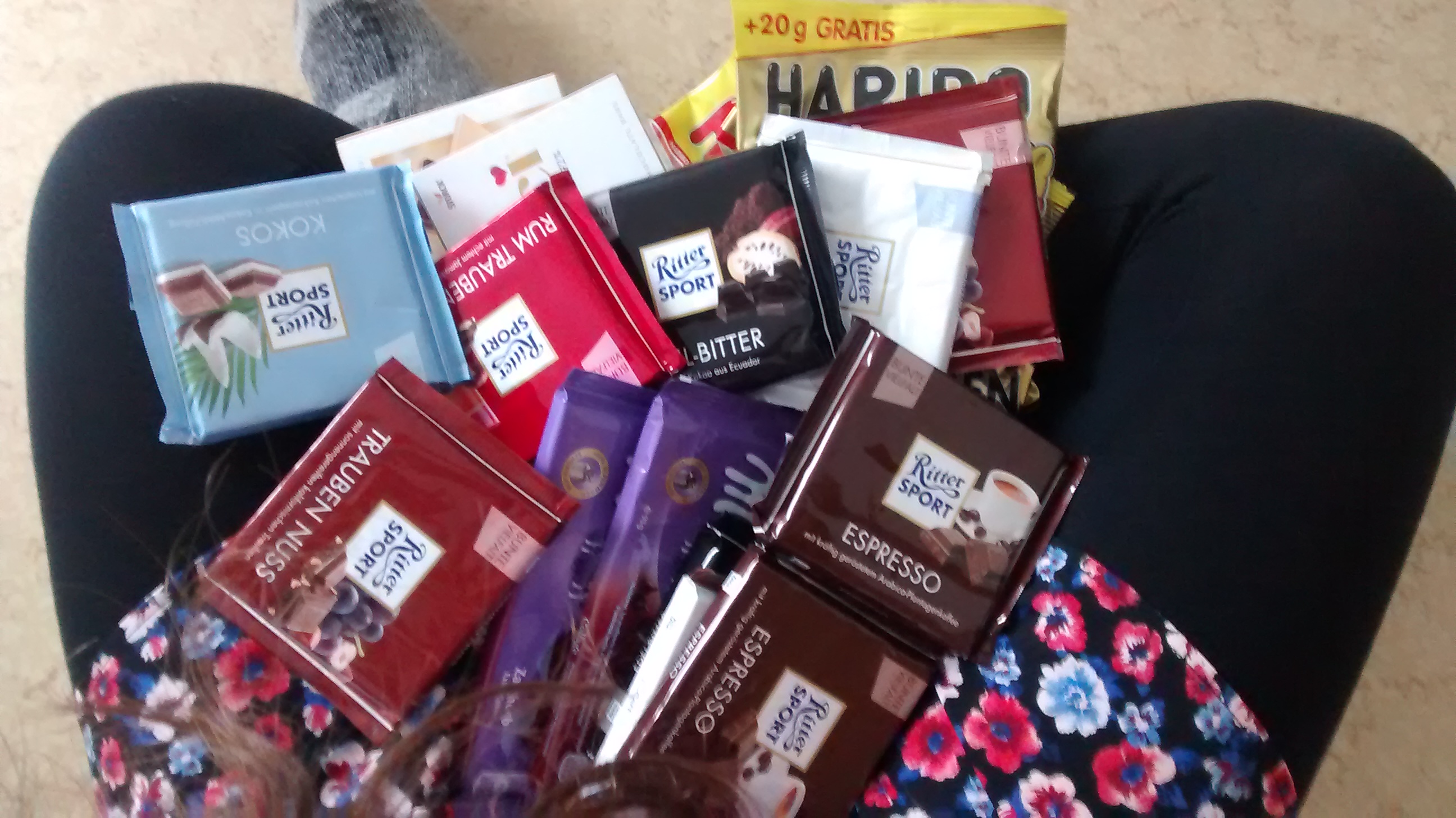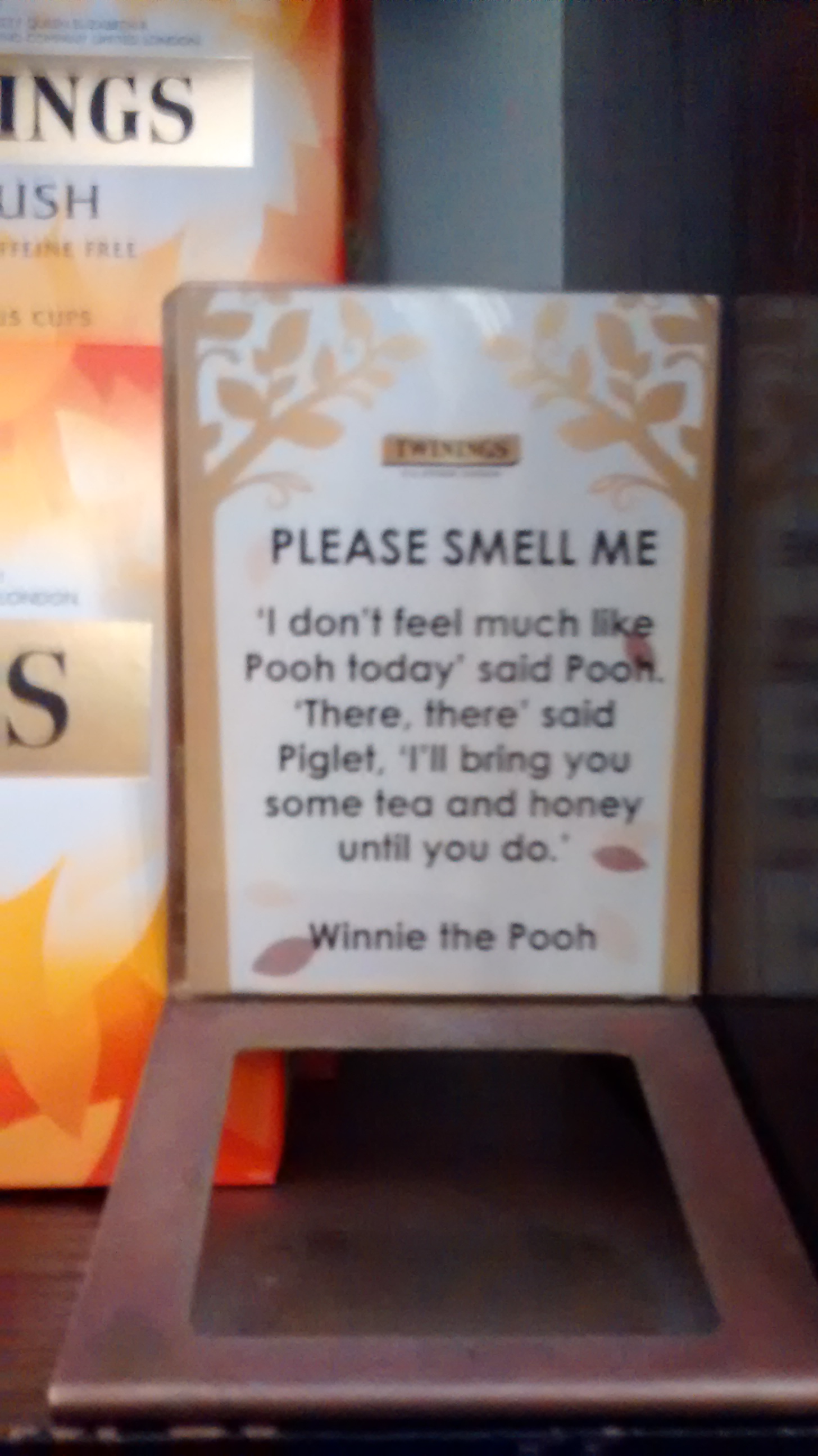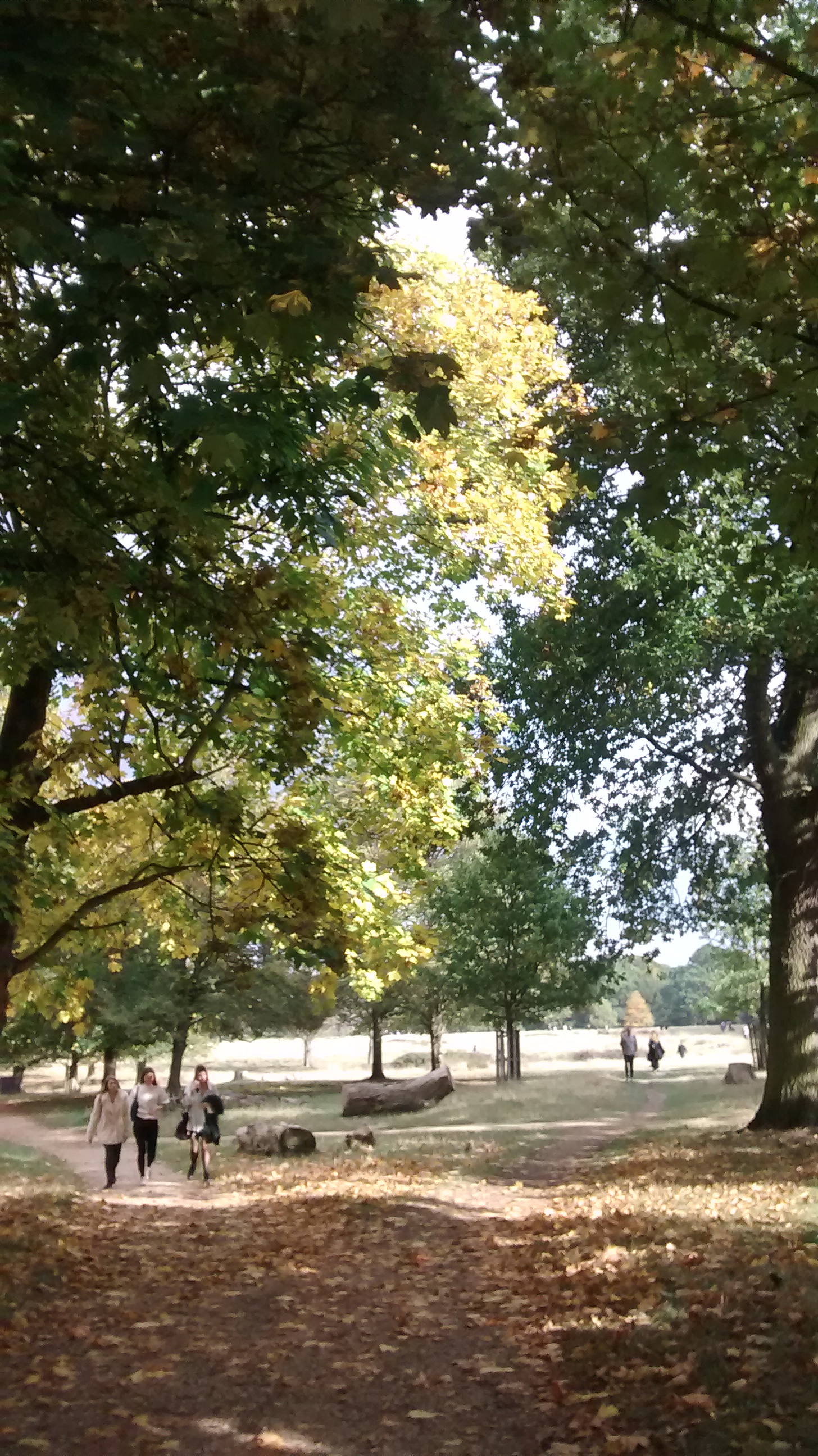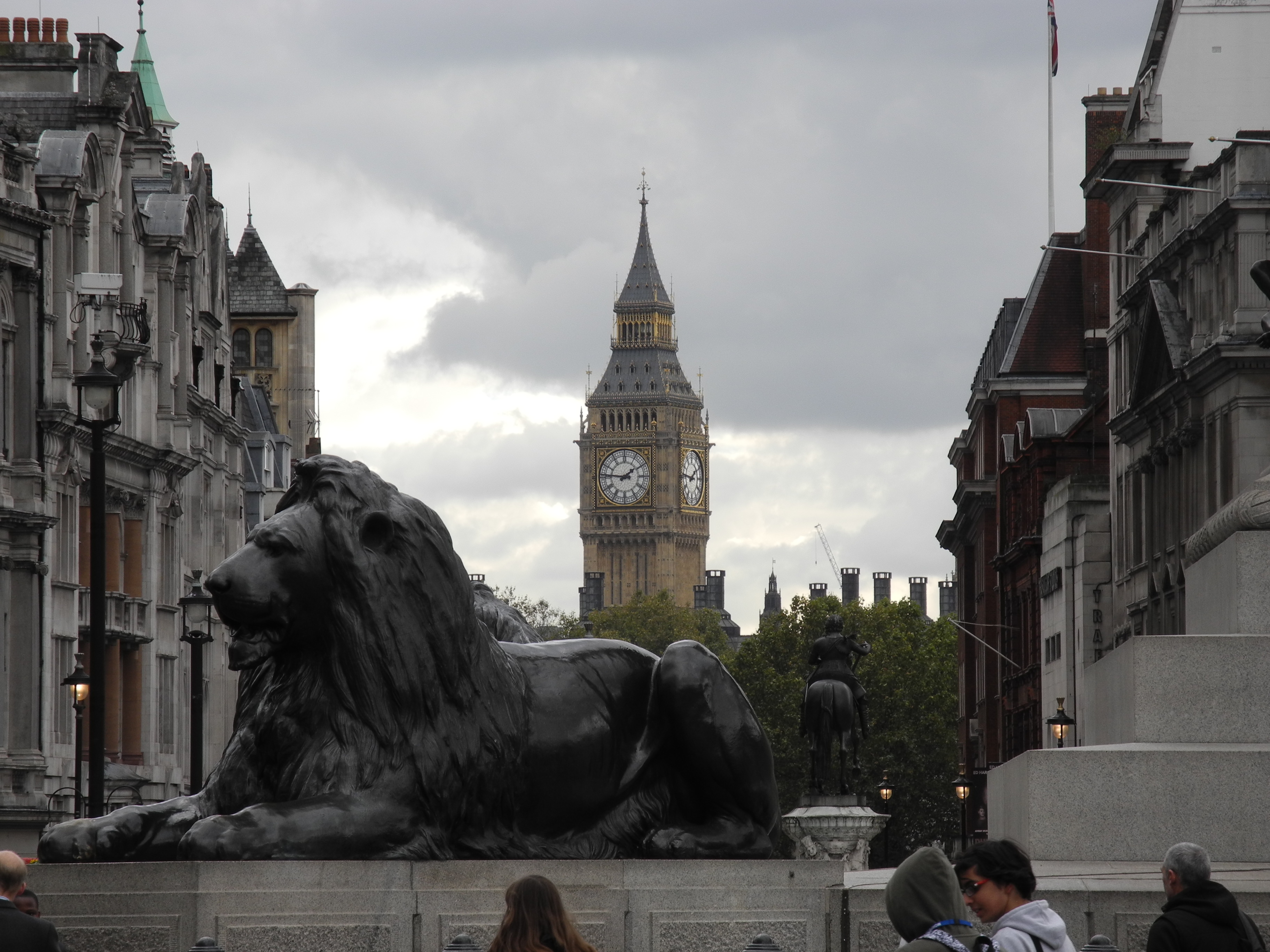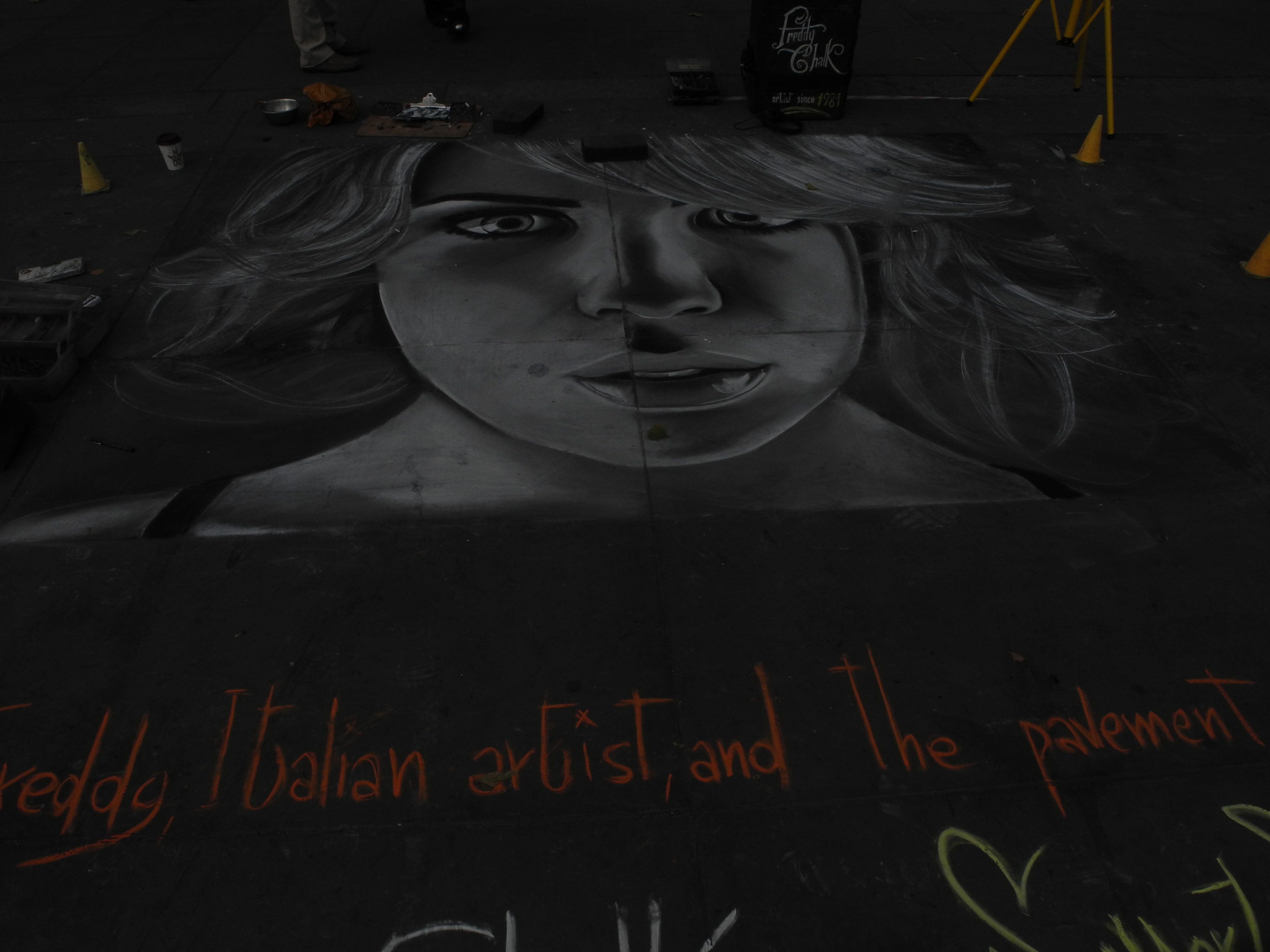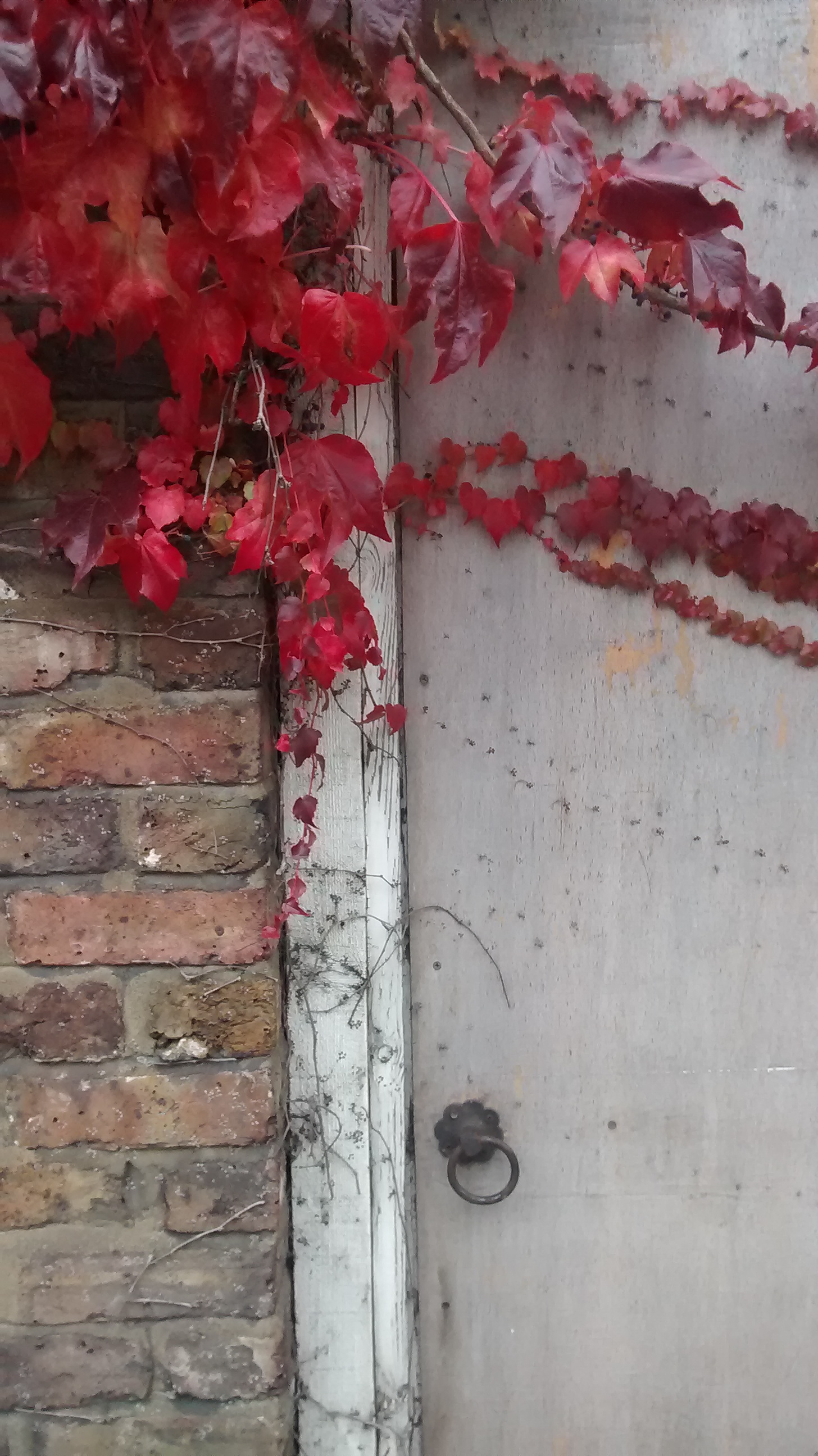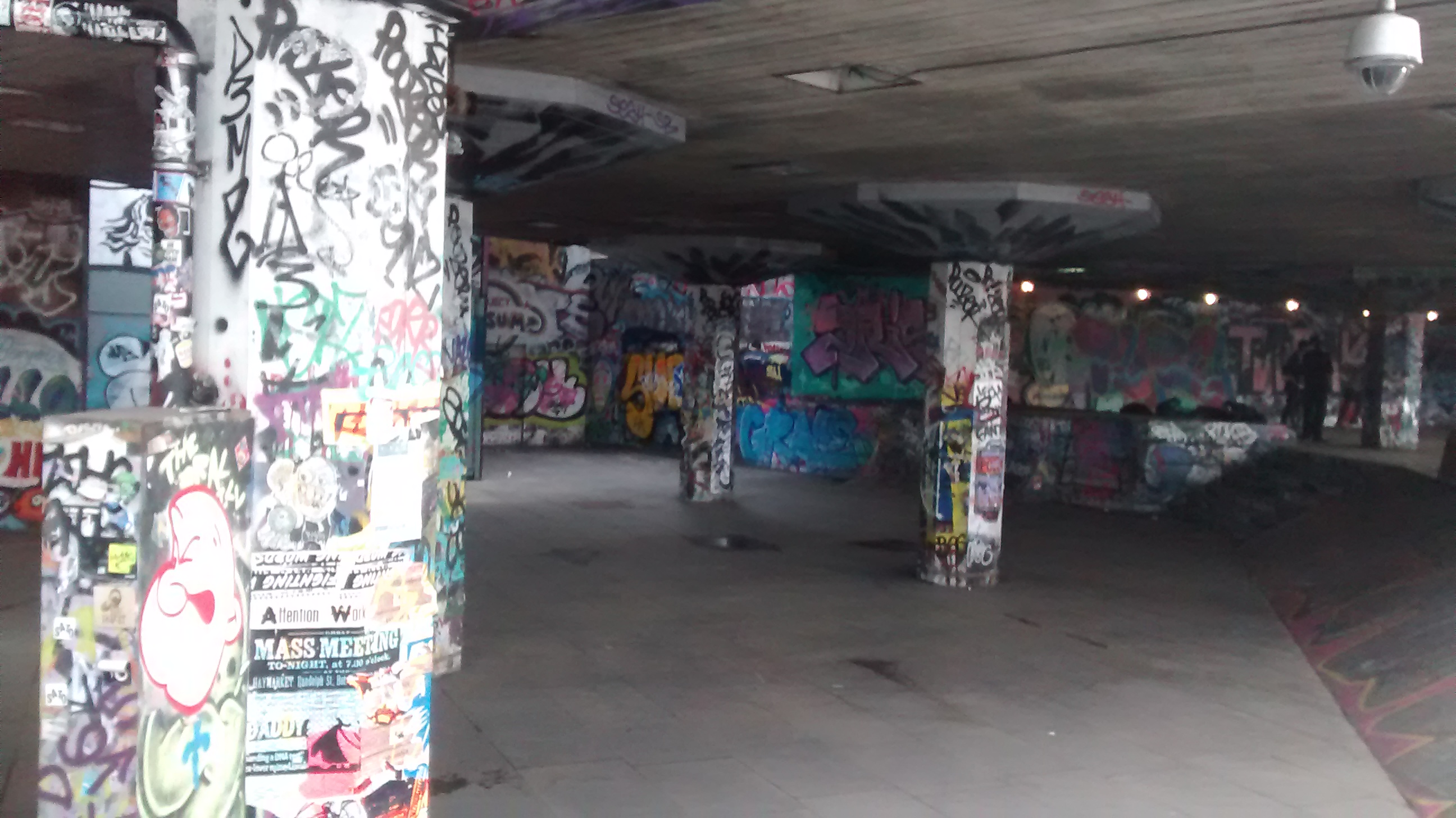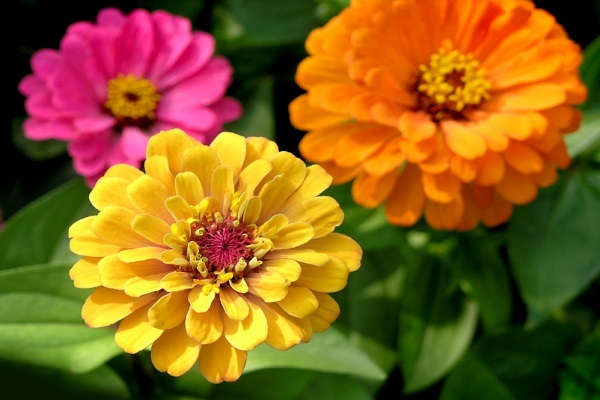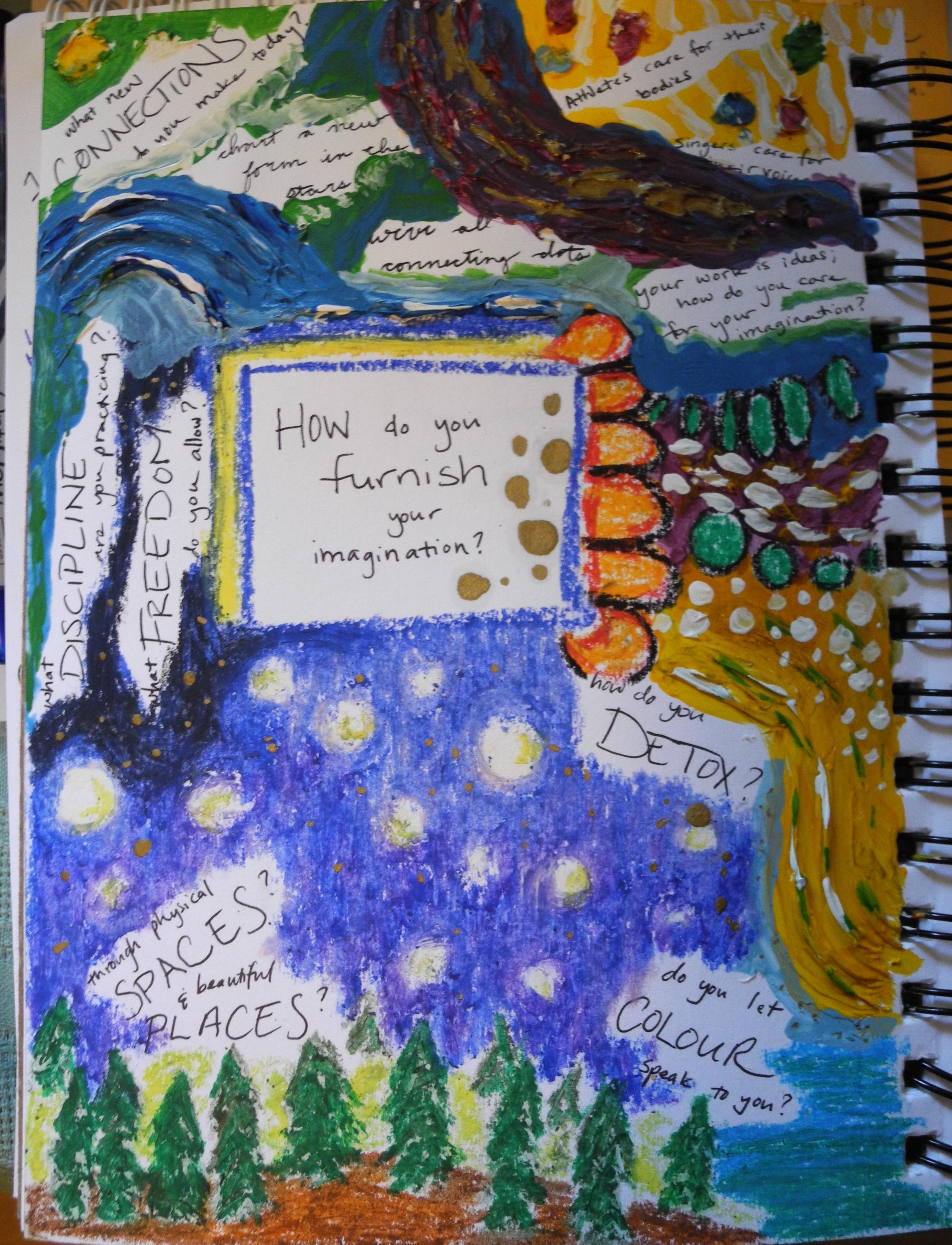
How do you furnish your imagination?
I asked this question of myself a few weeks ago. Turns out the brain can get pretty exhausted when you’re relying on it to regularly produce billable, creative content. Thinkers, dreamers, wonderers, questioners, challengers—if you’re one of these, you probably put a lot of pressure on your brain. Especially the imagination, that function which allows us to take an outside approach to something we consider to be familiar… and see it in a completely new light. Imaginations are powerful. They are quite a big responsibility. But pretty often, we just set our imaginations loose and then expect them to show up when we need them.
Athletes care for their bodies, singers care for their voices. Your work is ideas; how do you care for your imagination?
This is question I’m exploring. Athletes, singers, and dancers are committed to caring for their bodies. Yet how intentional am I when it comes to my imagination? How seriously do we take imagination?
What discipline are you practicing? What freedom do you allow?
Discipline and freedom are two sides of the same coin. Creativity lives somewhere in the tension between the two. Discipline acts inside of creativity – once an idea is birthed, discipline rolls up the sleeves to get it done. But it also acts outside of creativity – providing a structure to unmotivated, colourless moments. Discipline keeps a slow build of resources which are then ready when creativity DOES hit again (reading books when you don’t feel like it, organizing ideas you brainstormed in a better moment, focusing critical energy into some ruthless energy, cleaning up work spaces, practicing the same brushstroke a thousand times).
Is the trick to build structured discipline into your life with an understanding that you have the freedom to ditch it when the idea comes to life and you’re all in? And when that desire wanes, you pick up the discipline again?
How do you merge discipline with freedom?
Do you furnish your imagination through physical spaces? and beautiful places? Do you let colour speak to you?
What new connections did you make today? Chart a new form in the stars…. we’re all connecting dots.
That’s what imagination is about: drawing connections. Drawing ever new connections between the billions of shifting ideas, places, faces, objects, names that life circulates. It is a field with limitless possibilities. There are actual, physical places and actual, concrete actions that make those connections happen way faster than normal. Do you/I actively seek those out?
How do you detox?
As Rabbi Forhman says, stopping is vital to the creativity process. Keep going and you ruin everything. Stop – cease – settle back and enjoy what you’ve done. It is written into our human history since the beginning, when God Himself created earth and heaven and then ceased from all he had done to settle into the goodness of what he had made. He gave Israel the gift of the Sabbath – a day to remember this rest and to join it. This is why acts of creating, or bringing things together in a new way, are forbidden on the Sabbath.
How often do you put the brakes on making new things, thinking new thoughts, drawing new connections, and just sit back and enjoy what is already done? Enjoy God’s good creation. Marvel at it. Enjoy looking back at projects you’ve done in the past. Enjoy the art of other people – no critiquing, no curating ideas for yourself, just enjoy.
I try to do this every Saturday, turning off all devices, not looking at the time, and stopping all creative work (and even thoughts). It is HARD. It is a very, very strange spiritual discipline (and by the time Sunday comes I am so ready to paint or brainstorm or write again!). Creativity is a “good thing”…. so it feels weird to stop. But the Sabbath also brings many treasures: it reminds me that while I live in the future during the week, at least once a week I am required to live in the present. It reminds me that the “work of the imagination” is not the most valuable thing I bring to the table: it’s our own selves that matter to God (and to others). Just presence, not moving on to the next thing. It requires that I take time to enjoy what other people have created, to celebrate their accomplishments without “appropriating” their work for my own mental processes. Of course, since my computer and phone are shut down, I can only appreciate the work of others that I have at hand – photo books, creative journals, printed poetry.
So, how do you do it? How do you detox from the clutter in your mind brought on by your own creative processes? How do you detox your imagination from busyness, worry, envy, and stress?
If you have any answers to these questions, I’d be happy to hear them!

